Owning a car can be as exciting as it is liberating. More than a set of wheels or a means of transportation, your car can easily become an extension of your personality. This is why many drivers personalize their cars, or even name them, to strengthen the bond between car and driver.
But like Robert Frost reminded us, nothing gold can stay, and before long you may find your initial automotive attraction fading. Maybe your vehicle is getting on in years, or perhaps it may not have the features you need for your current lifestyle. If your love has faded with the new-car smell, don't fret – there are ways you can spice up your relationship with your ride without having to head to the dealership.
There is a growing number of gadgets, apps and other aftermarket gizmos specifically designed to improve your relationship with your car. While some may seem superfluous, bordering on silly, there is still a wide array of car gadgets that can genuinely help you get more out of your ride. Here are just a few.
GPS navigation
Having the freedom afforded by a car doesn't amount to much if you aren't sure of where you're going in the first place. Dashboard-mounted GPS units have become commonplace for many drivers, but there are some that go above and beyond simple turn-by-turn instructions. Take, for instance, the Garmin nuviCam LMTHD navigation system. Retailing for $394, according to Digital Trends, this bad boy is definitely not your grandma's GPS unit.
In addition to providing comprehensive directions, it also responds to voice commands for safer operation. It boasts some impressive features, like driver-safety aids that alert you when you're inadvertently crossing over your lane or are in danger of a front-end collision. Best of all, this unit taps into the GoPro generation with its inclusion of an always-on dash cam.
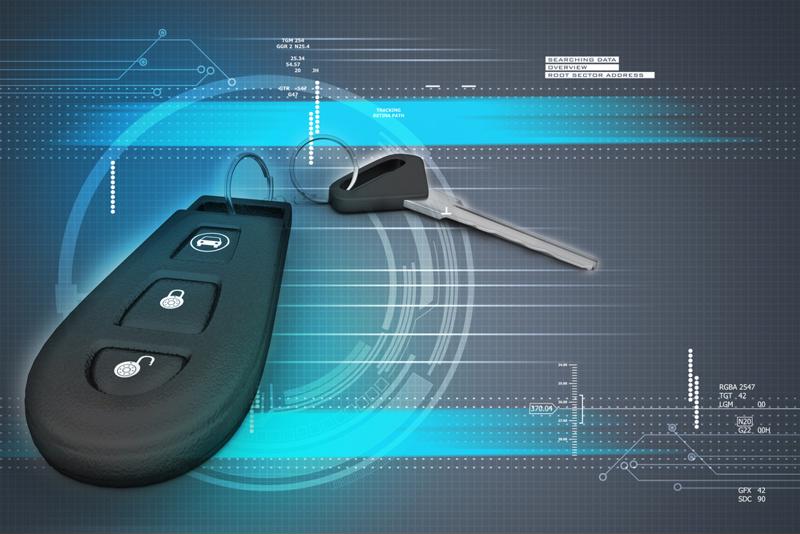 Keyless remote technology is becoming more advanced.
Keyless remote technology is becoming more advanced.Remote functionality
Autumn is here, which means that before you know it the cold weather will be upon us and drivers across the country will be dreading climbing into their frigid cars every morning. Fortunately, gadgets like remote starters can help assuage that fear by letting you start your car via remote from inside your home, office or school. Some models, like the Viper 5706V two-way security and remote system, go above and beyond by adding additional security features to the conventional remote-start.
For $195, you'll get a two-way remote that can not only start your car, but will also let you enable a car alarm if needed. Even better, because the remote has two-way functionality, you'll also receive a notice if someone tries to start your car when you're not there.
For the smartphone generation, there are app-based remote-start systems that parents are sure to love. Using the GPS functionality of the garden-variety smartphone, the app lets users locate their car, and can send alerts if your kid travels outside a designated "safe zone." For extreme cases, the system can even "lock down" a car – perfect for keeping your grounded teen at home or foiling any attempts at stealing your car.
Driver assistance
Cars are incredibly complicated machines, and so it seems odd that we tend to operate them all on our own. Aside from the mechanics of driving itself, there are a host of more subtle factors that can affect performance, fuel efficiency and even safety.
Thankfully, this no longer has to be a job you take on all by yourself. Take, for example, Automatic's Smart Driving Assistant. This device provides drivers with an incredible amount of information, ranging from engine diagnostics to data on your car's fuel efficiency. It's also great for new drivers, as according to CheatSheet, the system can set driving goals aimed at encouraging responsible driving. If you've ever found yourself cowering in confusion at the indecipherable lexicon of your car, don't worry – the device also translates engine codes into plain English on your smartphone, so you don't have to be a mechanic to understand any issues that may arise with your car. Best of all, the Smart Driving Assistant sells for around $100, and you can bet that you'll be saving much more than that just in improved fuel efficiency alone.
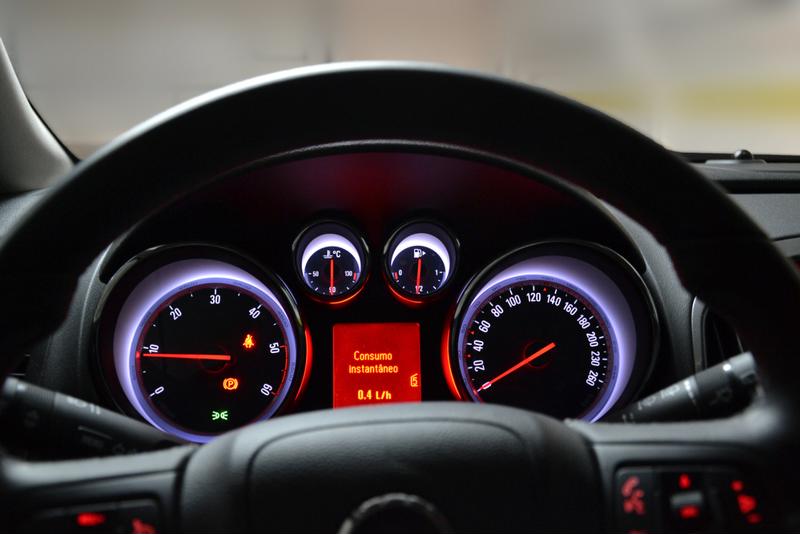 HUD projectors are helping drivers keep their eyes on the road.
HUD projectors are helping drivers keep their eyes on the road.HUDs and media centers
Your smartphone or tablet is great for managing your entertainment needs, so why not apply that same design and sensibility to your car? That's exactly what Apple did with its CarPlay gadget. This system lets you sync your iPhone or iPad's media settings to your car's control console, enabling you to select music, podcasts and e-books with a touch or even a voice command, courtesy of Siri.
If you want even more space-agey gadgets, you may be interested in one of the HUD offerings that are popping up. These combine the diagnostic tools and information-gathering of a smartphone with a projector that displays all your relevant dashboard information up on the windshield so you don't have to take your eyes off the road.
If you're looking for a car to fall in love with and make your own, head to New Jersey State Auto Auction. There you'll find hundreds of Carfax-certified cars, as well as a knowledgeable sales staff dedicated to helping pair you with the car of your dreams.








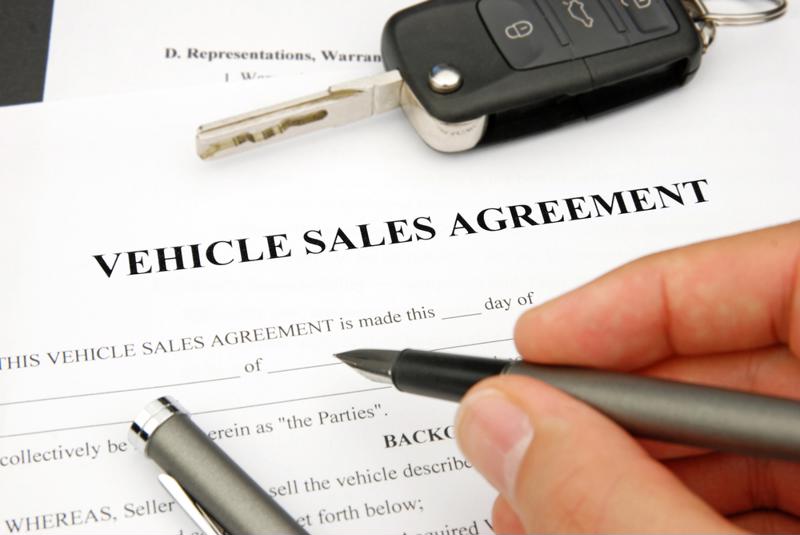 The sticker price of your car is just one factor to take into account when choosing a model.
The sticker price of your car is just one factor to take into account when choosing a model. 

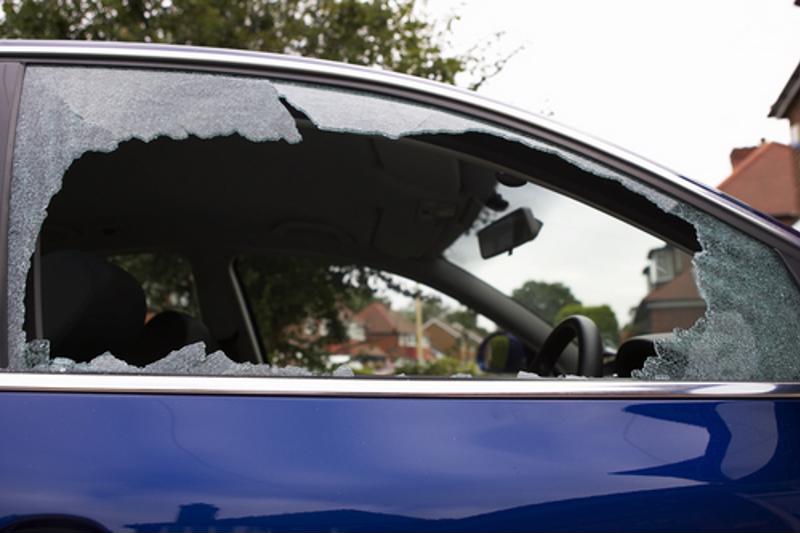 If your car is attractive to thieves, that will likely reflect on your insurance premium.
If your car is attractive to thieves, that will likely reflect on your insurance premium. 
 Nobody likes getting into an accident, but remaining calm is crucial.
Nobody likes getting into an accident, but remaining calm is crucial.

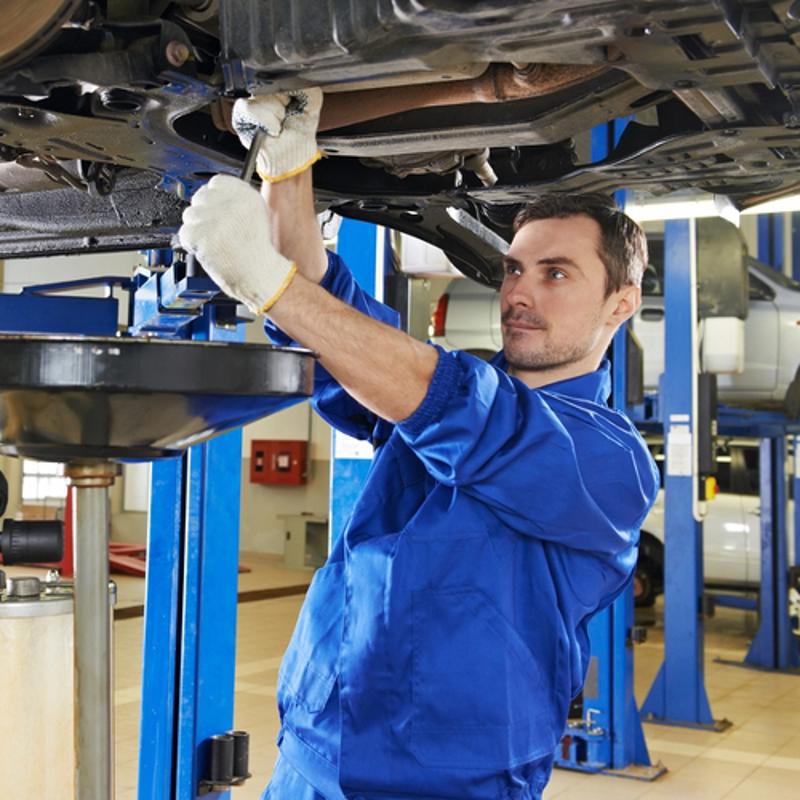 Purchasing the right model can help keep your car out of the shop.
Purchasing the right model can help keep your car out of the shop.